

The Forum de la Haute Horlogerie: the Future in Progress
The seventh Forum de la Haute Horlogerie was held in Lausanne on November 18. It was an opportunity to debate the future through the eyes of seven high-level speakers.
Today, in its seventh iteration, this forum has reached its Age of Reason, says Fabienne Lupo, CEO of the Fondation de la Haute Horlogerie: "This special moment has become an intersection, a space for debates and reflection in large brush strokes on what might be our world of tomorrow." The intent of the Forum was to give space to seven prestigious personalities to present a vision of the future through the lens of their own specialties. The idea is not to deliver cut-and-dried answers or obvious recipes to correct perceived problems in the current situation, but rather to start thinking globally about the world we will be living in tomorrow in which each of our actions will be meshed with the actions of the other protagonists in the market.
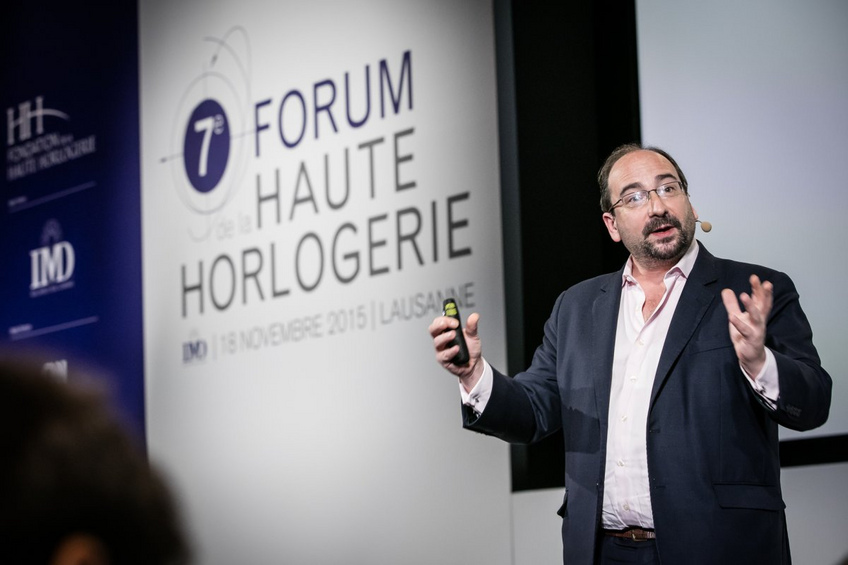
Eclecticism as the means of convergence
Franco Cologni, president of the Cultural Council of the Fédération de la Haute Horlogerie, reminded those present that the European world is in the grips of a multispectral crisis. It is concerned with maintaining its equilibrium given the recent events in Greece, with the influx of refugees driven by the war in the Middle East, and the series of attacks perpetrated in France just prior to the start of the Forum. Nevertheless, all the speakers kept up their optimism in one way or another. This forum was coordinated by Bruno Giussani, the European director of TED (the non-profit organization that hosts the famous online TED talks). It allowed a large number of people from Europe and elsewhere to get a feel for the future by listening to the talks of researchers and specialists in a variety of fields.
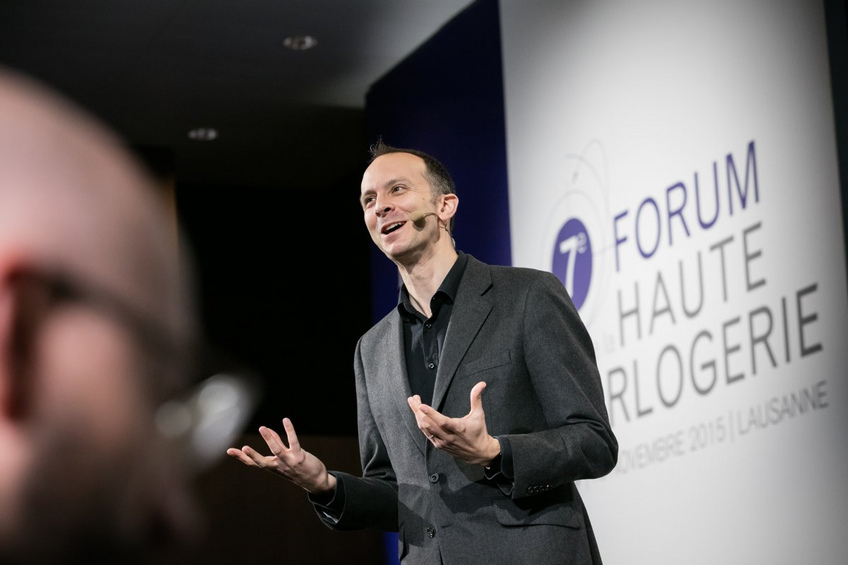
Daring metaphysics
Enrico Letta, former Italian prime minister and currently dean of the International Affairs School of the Science-Po in Paris, drew up a picture of a world in which cohesion just has to make sense. His message about cohesion and open-mindedness was all the more poignant in light of recent events, which actually demonstrated where a lack of these two qualities could lead us and how deeply the incapacity to open up to the world could end up causing deep rifts.
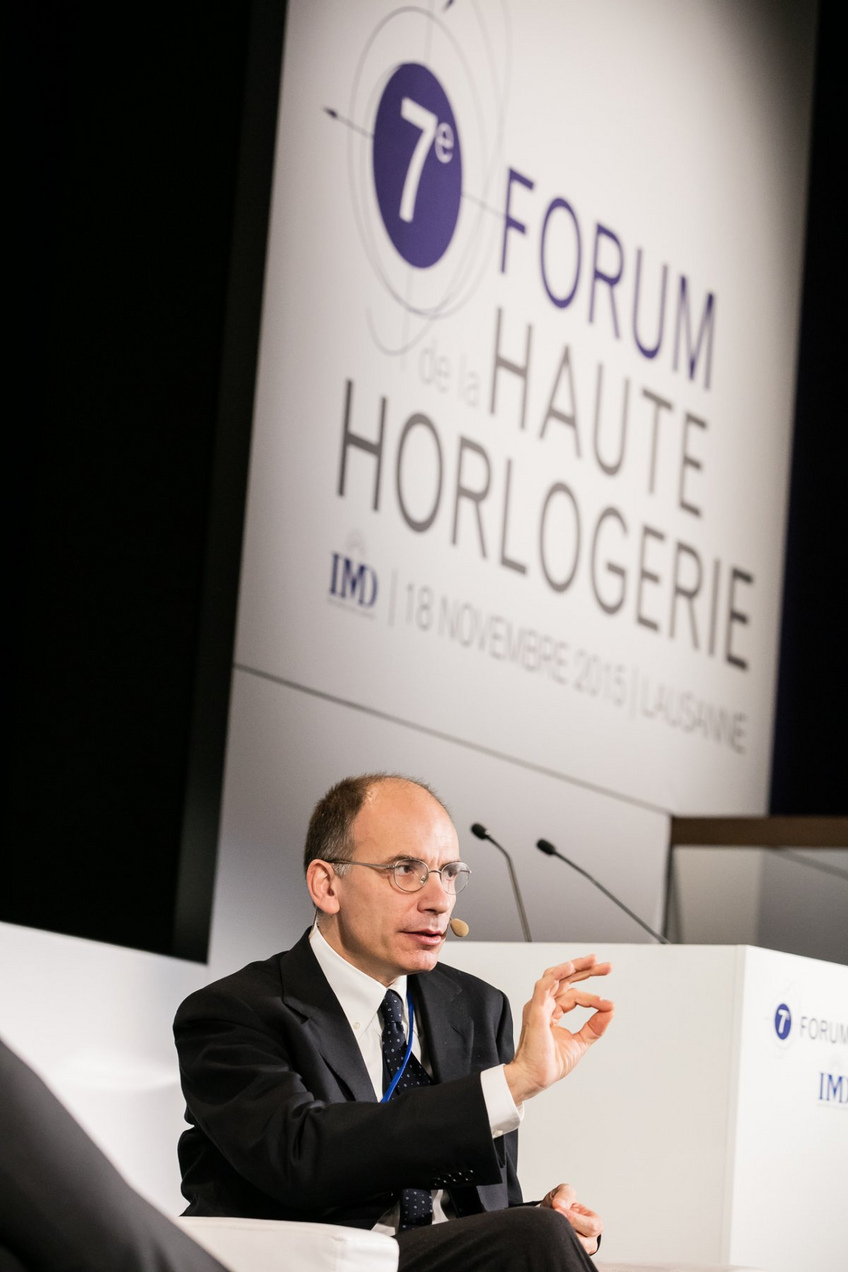
Other speakers invited the public to question their assumptions by suggesting that they look at the world using different indicators or markers. Michael Green, for instance, an economist who specializes in social progress, proposed using markers other than GDP to better understand the interactions and impact of economic factors among themselves. It's another way to see what is growth and what is not. As for Winter Nie, professor of management at the IMD, she explored a vision of the present through the prism of China with a presentation of upmarket Chinese brands barely known to western markets, but whose technology could compel the West to revise its vision of progress.
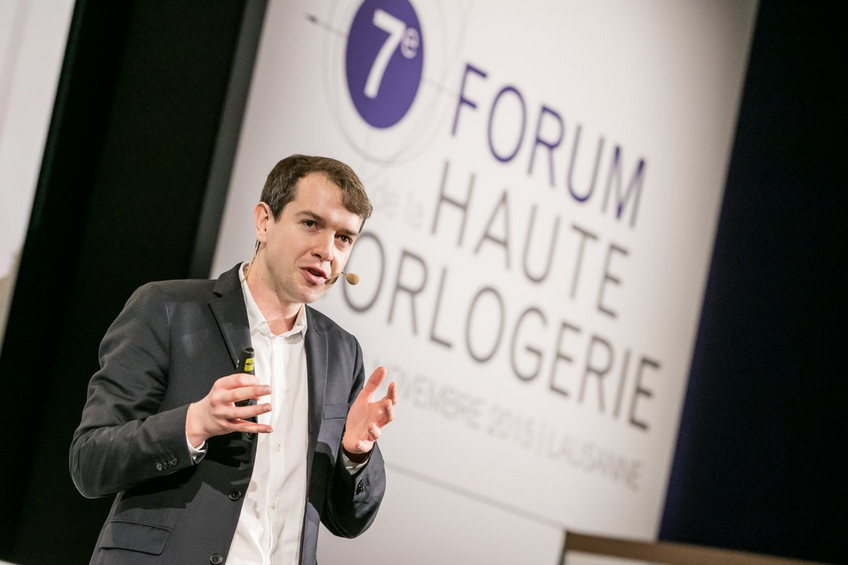
Harry Cliff, on the other hand, a particle physicist at the University of Cambridge and the CERN, swept the audience up into the cosmos of quantum science by asking them to consider the future by going back to the science of the atom by way of a dive into the singularity of gravitation.
Realism and optimism
Ultimately, concrete suggestions turned out to be the way to envision the future. Tim Hartford, writer and editorialist at the Financial Times proposed an unconventional view of the world today in order to explain in simple terms whether good ideas are theoretically applicable and if they can blend with the fundamental principles of a modern economy. So what could be considered "performance" in the future? Yves Morieux, Director Boston Consulting Group Institute for Organization offered his view of this with a humorous presentation. He explained that the real battle was not the struggle against the competition, but rather how to emphasize real internal productivity at companies.
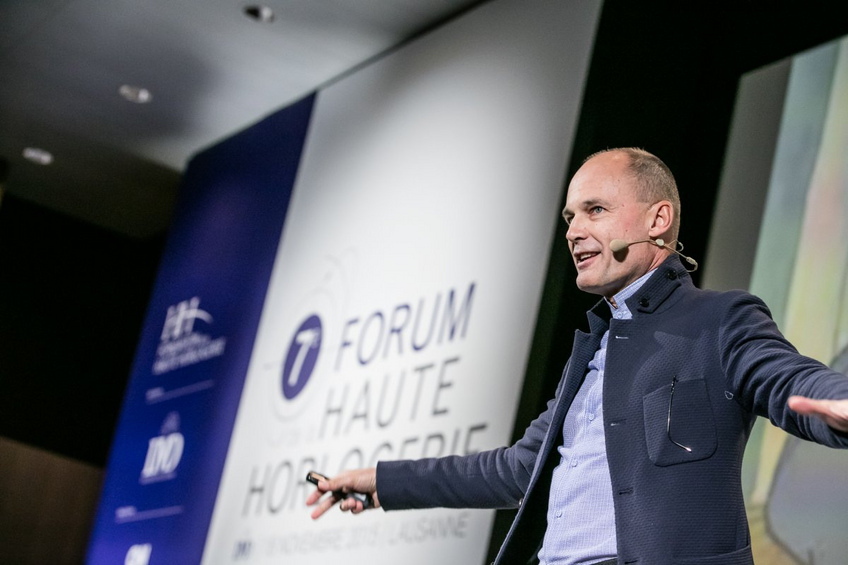
And, finally, to show that it is possible to use intelligence and be optimistic at the same time, Bertrand Piccard, explorer and psychiatrist, narrated his own life story in two different ways to explain how the way we observe our world conditions, in large part, governs the way we consider our environment and how we take on the future.
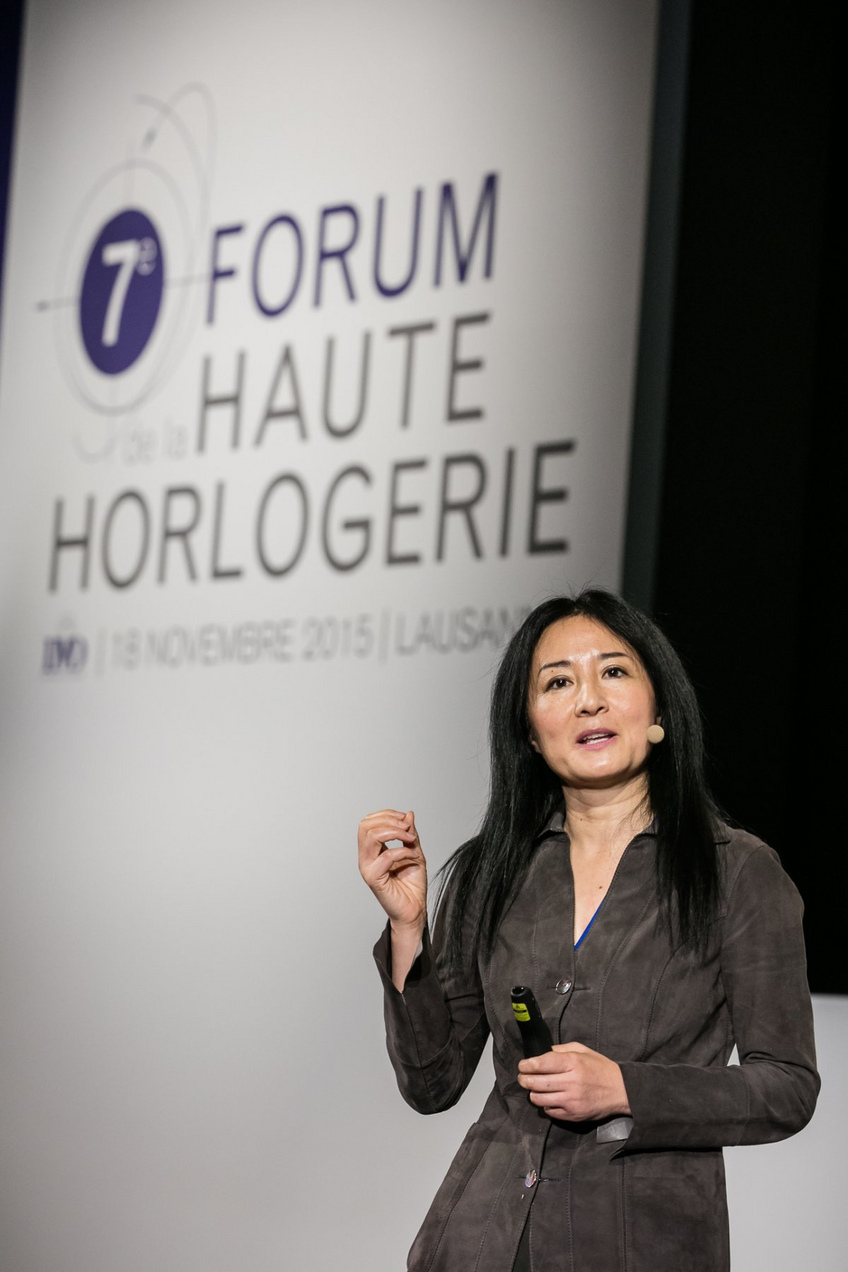
A spark of intelligence
In sum, the encounter allowed all participants, speakers and audience alike, to look deep into themselves and seek questions about the potential future. Each member of the audience, in some modest way, no doubt found some affinity with one or other of the speakers, or felt somehow in phase with the reasoning of these high-level researchers and intellectuals. No one could give a definitive response about the future, but each did bring a brick to a building that we all must continue building and consolidating through our own experience. Nevertheless, one statement did crystallize at the Forum: Hope for a better world is a spark of intelligence that we must always nourish by questioning ourselves permanently. In a word: optimism is the master key to all things.
7e Forum de la Haute Horlogerie “Future in progress” IMD, Lausanne
18 November 2015
More information on www.hautehorlogerie.org

